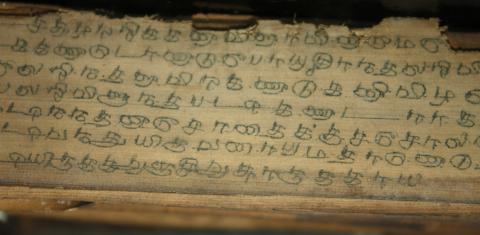
Genres as categories of historical, appear, evolve and eventually "leave" from the "active stock" of artists depending on the historical era: ancient poetry knew of the sonnet; in our time, archaic genre was born in ancient times and popular in XVII-XVIII centuries ODA; the romanticism of the XIX century brought to life a detective story, etc.
Consider the following table, which presents the types and genres belonging to different genera of the art of words.
Modern literature also classifies the fourth, connecting a kind of fiction that combines the features of epic and lyric delivery, to which belongs the poem. And really, telling the reader a story, a poem reveals itself as an epic, revealing to the reader the depth of feelings, inner world of the person telling the story, the poem manifests itself as the lyrics.
Call a kind of fiction in which the author's attention is paid to the image of the inner world, feelings, experiences. The event in the lyrics is important only insofar as it invokes an emotional response in the soul of the artist. It is the experience becomes in the lyrics the main event. The lyrics as a kind of literature arose in ancient times. The word "poetry" is of Greek origin, but has no direct translation. In Ancient Greece, a poem depicting the inner world of feelings and experiences, performed to the accompaniment of a lyre, and the word "lyrics".
The most important character of the lyrics is the lyric hero: it was his inner world and shown in the lyrical work, on behalf of the artist lyricist speaks to the reader and the outer world is portrayed in the context of those impressions which it produces on the lyrical. Please note! Don't confuse lyrical with the epic.
Like other genera of literature, lyrics includes a number of genres. Some of them originated in ancient times, others in the middle ages, some - more recently, two and a half centuries ago, and even in the last century.
Ode ("The song") is a monumental ceremonial poem praising the great event or great man; distinguish between spiritual odes (transcriptions of the Psalms), preachy, philosophical, satirical of ODA threefold: must have a theme announced at the beginning of the work; the development of themes and arguments, usually allegorical (second part); the final, didactic (instructive) part. Samples of ancient od associated with the names of Horace and Pindar.
- Log in to post comments
